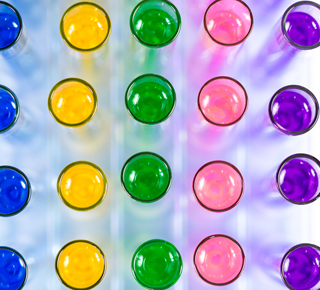Chemistry: High School: 9th and 10th Grade Quizzes

Quizzes make learning fun! There is no quicker way to learn about Chemistry in High School - Grades 9 and 10
Ah, the weirdly wacky world of chemistry. Substances, structures, metals, atoms, oils, water – you name it, we cover it in our fun-to-play quizzes. Yep, we’ve taken all the most-important aspects of your high school Chemistry learning and thrown them into a very large test tube. Then we heated them to a secret temperature, let them hiss, swizzle and explode and then poured them out into whizzical, fizzical, quizzes!















































































